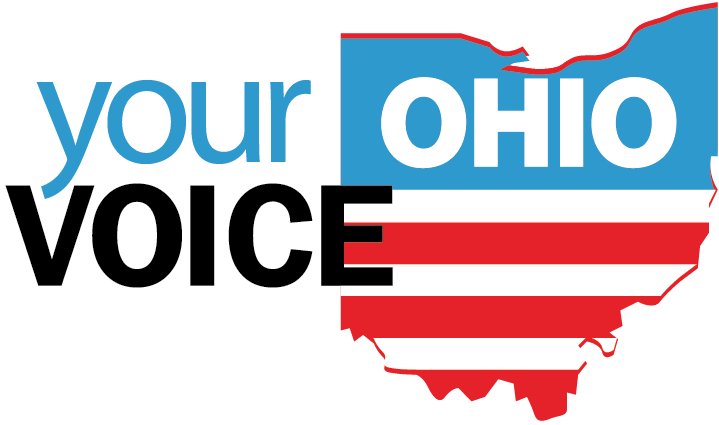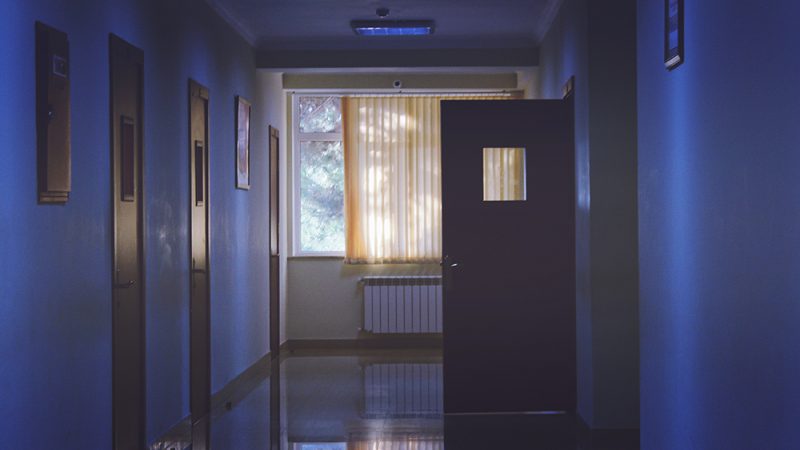If you want to learn more about substance use disorder treatment options for yourself or someone you care about, it can be difficult to know exactly what’s covered under your insurance plan. Or if you’re uninsured, finding out what your options are can be daunting. In the wake of the addiction crisis, many insurance plans, including those from private companies, the National Healthcare Marketplace, Medicaid, and Medicare, seek to provide better coverage for mental health and recovery services. For this week’s blog, we take a look at the different options available for treatment, along with advice on how to find the best fit for your situation.
Private insurance
In November 2017, 16 insurance companies who cover over 248 million patients across the United States signed a memorandum of understanding pledging to advance eight “National Principles of Care”. These recommendations were drawn from Facing Addiction in America: The Surgeon General’s Report on Alcohol, Drugs, and Health, and include:
- Universal screening for substance use disorders across medical care settings
- Personalized diagnosis, assessment, and treatment planning
- Rapid access to appropriate Substance Use Disorder care
- Engagement in continuing long-term outpatient care with monitoring and adjustments to treatment
- Concurrent, coordinated care for physical and mental illness
- Access to fully trained and accredited behavioral health professionals
- Access to Food And Drug Administration (FDA)-approved medications
- Access to non-medical recovery support services
By signing onto this memorandum, these companies symbolically promise to address the addiction crisis head-on. Chris Hocevar, president of Cigna Corporation (one of the largest national health insurance providers), said “We believe substance use disorders are manageable chronic diseases that should be treated with evidence-based approaches and handled with the same urgency of other chronic diseases, such as diabetes, cancer and heart disease.”
While these insurance companies represent many Ohioans and citizens across the United States, the amount of coverage or insurance accepted by recovery and treatment centers is based on each individual policy. If you have private insurance and are wondering about local treatment options and costs, contacting your provider directly would be a good place to start.
Healthcare Insurance Marketplace
According to Healthcare.gov, all plans within the Healthcare Insurance Marketplace must list mental and behavioral health services as essential health benefits. This means the plans will cover:
- Behavioral health treatment, such as psychotherapy and counseling
- Mental and behavioral health inpatient services
- Substance use disorder (commonly known as substance abuse) treatment
Under the American Care Act, marketplace plans also have to provide “parity protections” between mental health and substance abuse benefits, and medical and surgical benefits. This means that limits applied to mental health and substance abuse services can’t be more restrictive than limits on medical and surgical services. Mental and behavioral health conditions are covered “pre-existing” conditions, and spending limits aren’t allowed.
Again, your specific benefits will depend on your state and your chosen health plan. When you compare plans in the health insurance marketplace, look for “behavioral health benefits” to see what’s covered.
Medicaid coverage
Medicaid coverage was expanded to millions of low-income Americans under the Affordable Care Act. The ACA also requires all insurance providers, including Medicaid, to cover all basic aspects of drug and alcohol dependency recovery. While Medicaid, in theory, covers substance abuse treatment, according to AddictionCenter, not all facilities accept these plans. (See choosing the right option below)
Governor Kasich chose to implement medicaid expansion for Ohio, when states were given the choice to opt-in or out of the program. While the decision has faced some controversy, a few different communities report that the increased funding that accompanied Medicaid expansion is helping battles against addiction. Chillicothe Mayor Luke Feeney stated in early April that if Medicaid expansion isn’t continued, he’s concerned local progress will be derailed. Medicaid not only can cover individual mental health treatment, addiction counseling, and medication-assisted therapy (MAT) but also helps with things like transportation to medical appointments. Critics of the program argue that Medicaid expansion will burden states with the costs of treatment.
Medicare coverage
Like Medicaid and plans included in the Healthcare Insurance Marketplace, Medicare also covers the costs of inpatient and outpatient drug rehabilitation, specifically for people over 65 and people with disabilities. There are four different parts of Medicare that support recovery:
- Part A: Insurance for Hospital Stays
- Part B: Medical Insurance (covers outpatient care like therapy)
- Part C: Medicare-Approved Private Insurance (For people who want more benefits under Medicare)
- Part D: Prescription Insurance (Covers costs of addiction medications)
While one goal of Part D is to help people in recovery manage withdrawal symptoms and cravings, Methadone, a common form of Medication-Assisted Treatment, isn’t covered unless it’s prescribed for pain, reports the Associated Press. Methadone can’t be dispensed in a retail pharmacy either, which puts it outside of the general coverage of Part D. Instead, most patients are first assessed by a doctor, then show up daily at federally certified methadone clinics to take their doses. Bipartisan legislation has been introduced in the House and Senate to change this requirement. Buprenorphine, another form of MAT, is covered by Medicare but few doctors have obtained federal waivers to prescribe it yet.
Uninsured and seeking treatment?
At a recent Central Ohio events, one person asked “How many people do you think don’t get to receive treatment because of insurance?” While we don’t have the exact numbers on this, unfortunately, many people may hesitate to seek treatment because they don’t know how to get drug rehab without insurance, reports drugabuse.com. Without insurance coverage, there are still some ways you can receive help and support, such as calling a local crisis hotline (we provide a list), or attending a support group in your community.
You may qualify for Medicaid if you’re uninsured. Check to see if you fit the requirements on Ohio’s Medicaid website (or other state that you live in).
You can also confidentially call the Substance Abuse and Mental Health Services, a free, confidential, 24/7, 365-day-a-year treatment referral and information service (in English and Spanish) for individuals and families facing mental and/or substance use disorders. If you have no insurance or are underinsured, they will refer you to the right people within your state office, which can connect you with state-funded treatment programs. In addition, they can also refer you to facilities that charge on a sliding fee scale or accept Medicare or Medicaid.
Choosing the right option
According to the National Institute on Drug Abuse, in the United States, more than 14,500 drug treatment facilities provide counseling, behavioral therapy, medication, case management, and other types of services to persons with substance use disorders. Even though health plans (private or not) might provide general coverage for addiction, not every treatment facility will be covered by each plan, reports the American Addiction Centers. Coverage for different services, like detox, outpatient detox, residential rehab, outpatient rehab, and access to maintenance medication also varies depending on your plan.
To find out what’s covered by your insurance, you can ask your doctor for the names of facilities or professionals that the insurance providers consider “in-network”. Calling treatment facilities or your insurance provider directly should also be able to answer your questions about local coverage. Your county’s mental health board should also be able to provide information for individuals, families, treatment, and coverage.
Share your experience
Have you or someone you know sought treatment in your area? How was your experience with insurance coverage? Was it difficult to find an affordable treatment provider? Let us know in the comments.
Do you have other questions about addiction? Ask us here, and we’ll work to find an answer.





